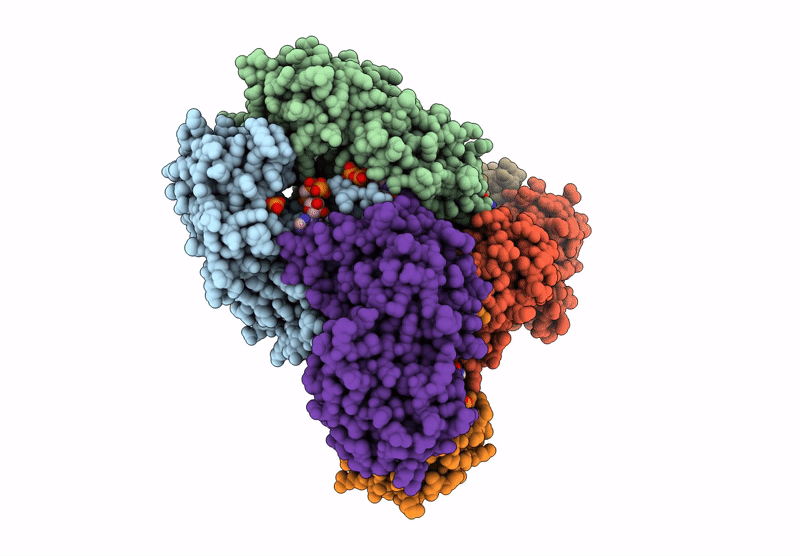
Deposition Date
2024-03-18
Release Date
2025-03-19
Last Version Date
2025-10-08
Entry Detail
PDB ID:
8YPZ
Keywords:
Title:
Crystal strcture of human phosphoribosyl pyrophosphate synthetase 1 (PRPS1) in complex with GDP
Biological Source:
Source Organism(s):
Homo sapiens (Taxon ID: 9606)
Expression System(s):
Method Details:
Experimental Method:
Resolution:
3.00 Å
R-Value Free:
0.31
R-Value Work:
0.26
Space Group:
P 65


